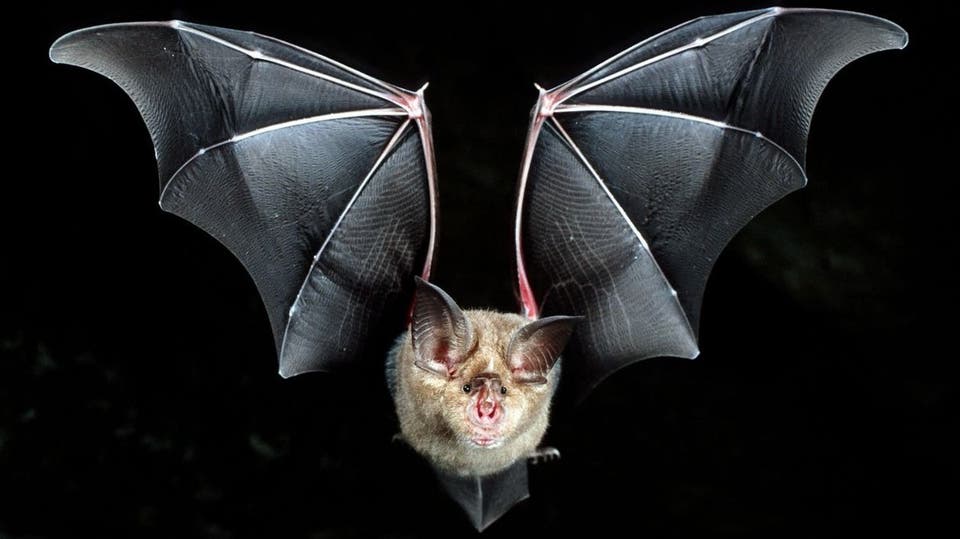The new types of coronavirus have been observed in three bat species. They are believed to have no solid links to the strains that cause lethal diseases like SARS, MERS or COVID-19, and it is yet unclear whether they can scatter over to other species including humans.
Scientists have found six new coronavirus strains in bats in Myanmar as part of the attempt to recognise new dangers while the COVID-19 pandemic is gripping the planet.
Researchers with the Smithsonian’s Global Health Programme recognised the viruses through a painstaking sample selection across 11 bat species in the Asian country, according to the paper published in the journal Plos .
They have collected over 750 saliva and guano samples between 2016 and August 2018 at sites where humans are more likely to come into contact with bats through guano harvesting, religious practices, and ecotourism.
It emerged that three bat species carry three previously unknown alphacoronaviruses and three new betacoronaviruses.
The former three viruses were named PREDICT-CoV-47, 82, and 90, while the latter three are referred to as PREDICT-CoV-92, 93, and 96. The “PREDICT” part of the name related to the eponymous US government programme that seeks to identify new infectious diseases that could spread from wildlife to humans.
The newly-discovered strains belong to the coronavirus family but are not thought to be closely related to the viruses that cause the Severe Acute Respiratory Syndrome (SARS), Middle East Respiratory Syndrome (MERS) or COVID-19. Nor is it clear whether they can infect humans, and how dangerous they are to human health.
What's happening in Tunisia?
Subscribe to our Youtube channel for updates.

















































